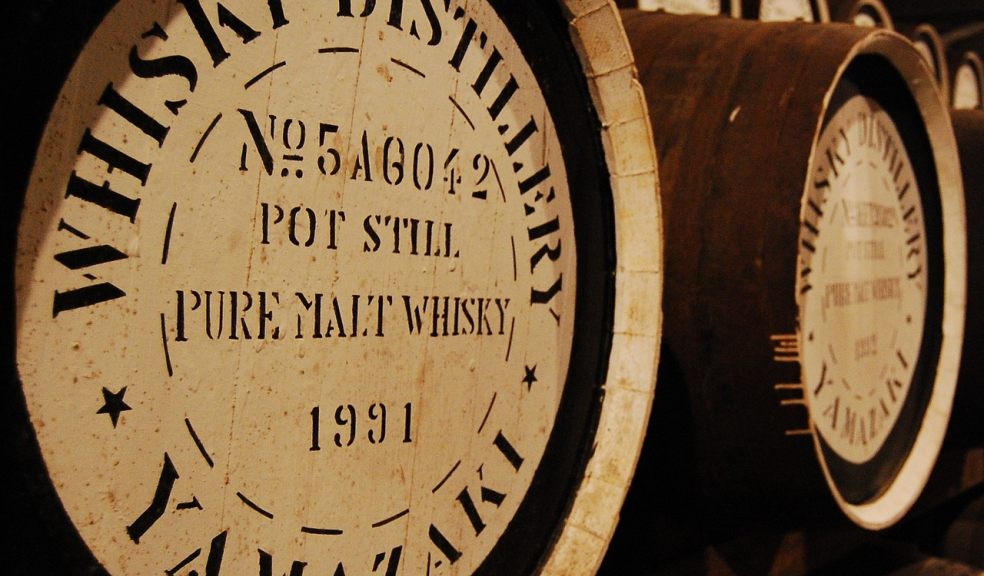
The Importance of Age: Understanding Why Whisky Aging Matters
Whisky enthusiasts often engage in passionate discussions about age statements, contemplating how the years spent in a barrel can dramatically transform a spirit. But why exactly does aging matter? The answer lies in the complex interplay of factors that occur during maturation, affecting everything from flavor and aroma to overall quality. Understanding the significance of age is crucial for anyone seeking to appreciate this multifaceted beverage.
Flavor Evolution Over Time
One of the most profound changes in whisky occurs as it ages. The process begins when new-make spirit fills the barrel, often made of oak. Over time, the whisky interacts with the wood, absorbing compounds that impart flavor. Initially, a younger whisky may taste bright and raw, with prominent notes of grain or fruit. However, as it matures, these flavors evolve into richer, deeper profiles.
After several years in the cask, the whisky typically develops notes of caramel, vanilla, and spice. The sugars in the wood caramelize, enhancing the overall complexity. This metamorphosis occurs through chemical reactions that take place within the barrel, demonstrating how aging serves as a vital process for developing flavor.
Aromatic Depth
Aging does not only transform flavors; it also enriches aromas. The interaction with the wood introduces various volatile compounds that contribute to a whisky's scent. As a result, older whiskies often showcase a more complex bouquet. This aromatic depth includes floral notes, fruity undertones, and the warmth of spices. For instance, Loch Lomond 14-year-old exemplifies this complexity, offering an enticing array of aromas that reflect the time spent in the cask.
For many drinkers, the aroma significantly enhances the whisky experience. When poured into a glass, the rich scents waft upward, inviting the taster to explore the complexities that await. Each sniff can unveil layers of fragrance, contributing to the anticipation of the first sip.
Quality Indicators
While aging is crucial, it’s essential to note that time alone does not guarantee quality. Various factors influence the end product, including the type of barrel, the initial distillation process, and the environmental conditions of the warehouse. For instance, whiskies aged in new American oak barrels might impart different characteristics than those aged in used bourbon or sherry casks.
Climate also plays a significant role. In warmer regions, whisky can mature more rapidly due to increased evaporation rates. In contrast, cooler climates may result in a slower aging process, allowing for a more gradual development of flavor. Therefore, while age is a key indicator, the story of each whisky is shaped by numerous influences.
Enthusiast Appeal
Understanding the importance of aging can enhance the appreciation for whisky among enthusiasts and casual drinkers alike. Age statements serve as a guide, providing insight into the whisky’s character and expected flavor profile. For many, the allure of older whiskies lies in the complexity that years of careful maturation bring.
As whisky lovers explore their collections, they often seek expressions with specific age statements to compare and contrast. This practice encourages them to savor the nuances of different whiskies while deepening their understanding of how age impacts taste and aroma.
The Future of Whisky Aging
The whisky industry continually evolves, leading to innovative approaches to aging. Some distilleries experiment with alternative cask finishes, adding new layers of flavor that challenge traditional aging methods. Others explore blending younger whiskies with older expressions to achieve unique profiles.
Such experimentation can attract a new generation of whisky drinkers who might prefer bolder, more diverse flavors. However, traditional aging methods still hold a revered place in the hearts of many aficionados who appreciate the classic approach to whisky production.
In Conclusion
Aging plays a vital role in whisky production, influencing flavors, aromas, and overall quality. As whisky ages, it transforms into a complex and nuanced spirit that offers endless exploration for enthusiasts. Recognizing the significance of age allows consumers to make informed choices and appreciate the craftsmanship behind each bottle. Whether a newcomer or a seasoned aficionado, understanding the aging process enriches the whisky experience, leading to a deeper connection with this timeless beverage. So next time you pour a dram, take a moment to reflect on the years that shaped its character, enhancing your enjoyment and appreciation of whisky.














